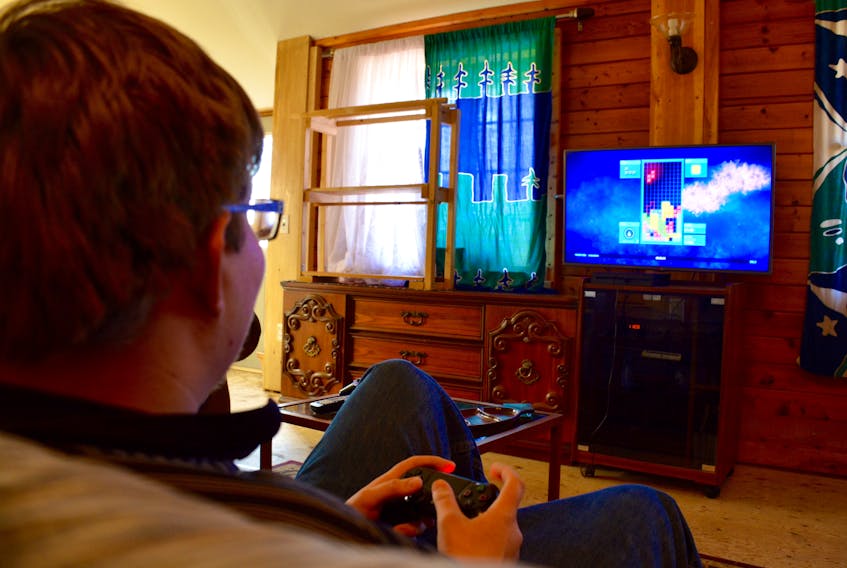We’ve come a long way from Pong.
Remember Pong?
That 1970s video game is one of the earliest ones available to the public.
The retro graphics and “blip” sound each time a paddle struck the moving ping-pong ball was mesmerizing, almost hypnotic, to watch.
And for some, it still is.
But was it addictive?
The idea of video game addiction was taken to another level last year when the World Health Organization classified a gaming disorder as an official disease.
Of course, the video game industry has always been about sales and getting people to play as much as possible.
Today’s graphics and storylines are mind-blowing compared to decades ago — as in the $2.4-billion Fortnite empire.
It isn’t uncommon to hear of a casual gamer going on a binge when a new game comes out. Some people have even organized vacation time around binge gaming.
There are also people who play video games competitively for a living.
The idea of video game addiction was taken to another level last year when the World Health Organization classified a gaming disorder as an official disease.
In the case of Fortnite, it’s become such a worry for some parents that there’s even a website (Gamequitters.com) with a section specifically geared towards helping them determine if their child is dangerously hooked.
It’s true that ever since there have been video games in our homes, there have been parents yelling at kids to stop playing and go outside for fresh air and exercise.
And, video games have a history of helping us in our daily lives.
Tetris has taught us important strategies for arranging presents in the trunk of our cars at Christmastime.
Frogger has taught us better strategies for jaywalking.
But joking aside, putting down the joystick can be tough for some people.
SaltWire journalist Colin Chisholm recently interviewed a Nova Scotia man who was trying to wean himself off video games by focusing more on board games and trading card games.
His playing time has gone from all day to four or five hours a day, depending on the game.
It’s a start. The transition from being an indoor enthusiast to an outdoor enthusiast can be a rough one, and you can’t necessarily go cold turkey.
As reported this week, a clinical psychologist in Newfoundland has seen an increase in patients who are dealing with excessive video game use and dependence.
Nick Harris, an associate professor of psychology at Memorial University, explained there’s a connection between excessive video gaming and cases of depression, anxiety and other mental health challenges.
These are serious issues. Underlying mental health conditions surrounding excessive video game use and dependence can have a significant impact on people’s lives — socially, academically and emotionally.
But Harris also pointed out that these cases are in the minority.
Thankfully, most gamers can power down after a moderate amount of screen time.
The key is to recognize that there can be too much of a good thing, and to recognize there’s a problem before the game controller starts controlling the player.









